-

Canada’s latest defence daydream
Canada briefly considered a massive “whole-of-society” mobilization plan that would turn public servants into military reservists. The idea collapsed on contact with reality, but its existence reveals just how adrift Canada’s defence establishment has become, and how easily alarmist rhetoric is now shaping unserious policy.
-

Remembrance Day, redacted
As Canada quietly expands secret military operations under US command, the government hides the names of soldiers killed in action. This Remembrance Day, Morgan Duchesney asks what it means to honour the fallen while Ottawa conceals their identities, and whether secrecy abroad signals a deeper democratic crisis at home.
-

Landlords want your rent to go up. Doug Ford is making it happen
Ford may think that disappearing tenants and their unions from the LTB will disappear them from the city, but it won’t. Tenants and the growing tenant union movement in Ontario have been successfully utilizing the LTB to throw sand in the gears of financialized landlords’ predatory business model. Given the affordability crisis, they have no choice but to continue.
-
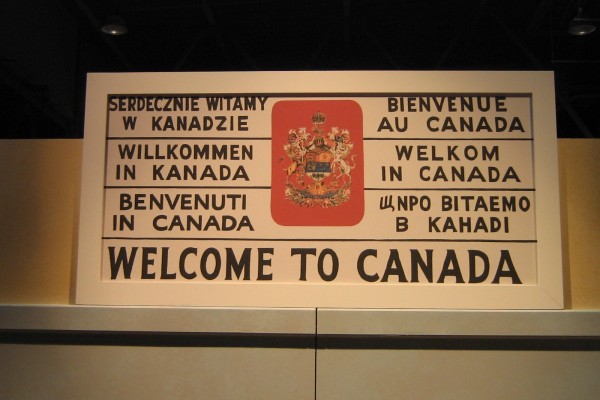
The myth of the immigrant threat
Anti-immigrant sentiment is surging in Canada, with politicians and far-right pundits blaming newcomers for crises in housing, health care, and unemployment. But these problems stem from policy failure and inequality, not immigration. Scapegoating immigrants diverts attention from the real causes and fuels racism at a time when solidarity is most needed.
-
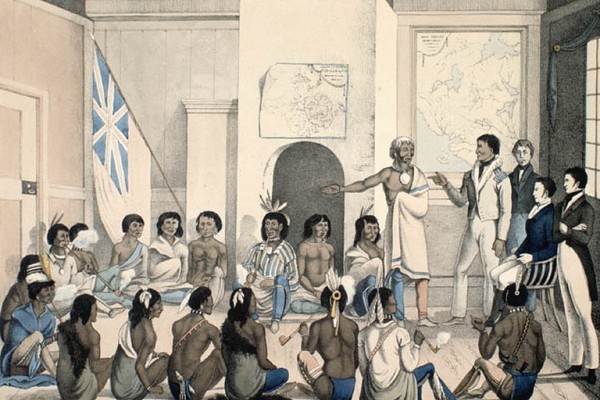
Settler colonialism: What’s in a name?
Once a radical breakthrough, settler colonial theory now dominates Canadian scholarship. In his review of On Settler Colonialism in Canada, Bryan D. Palmer welcomes its moral clarity but warns that it risks eclipsing capitalism’s structural power, arguing that true decolonization demands confronting the economic engines driving dispossession.
-

The deficit is not an economic problem—it’s a political weapon
Mark Carney’s new budget exposes how Canada’s political class weaponizes the deficit to protect elites and justify austerity. Despite alarmist rhetoric, Canada’s debt is modest and self-financed. The real danger isn’t economic, it’s political: using deficit panic to erode public services and discipline workers in the name of “fiscal responsibility.”
-
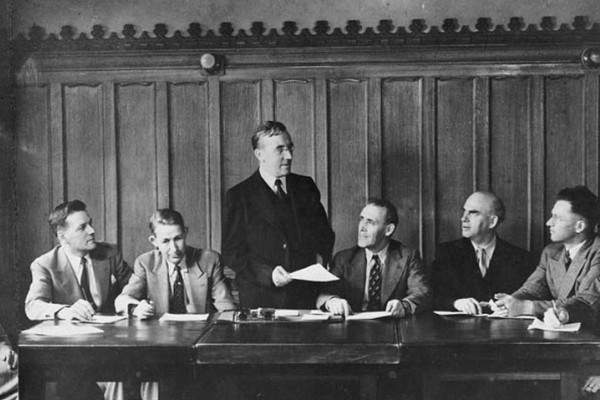
The Regina Manifesto’s unfinished business: the case for public banking
Canada’s banks no longer serve the real economy. Decades of private lending have fuelled housing bubbles, record household debt, and economic instability. Revisiting the CCF’s Regina Manifesto, James Hardwick makes the case for public banking—a solution to redirect credit toward housing, infrastructure, and productive investment while reclaiming finance as a public utility.
-
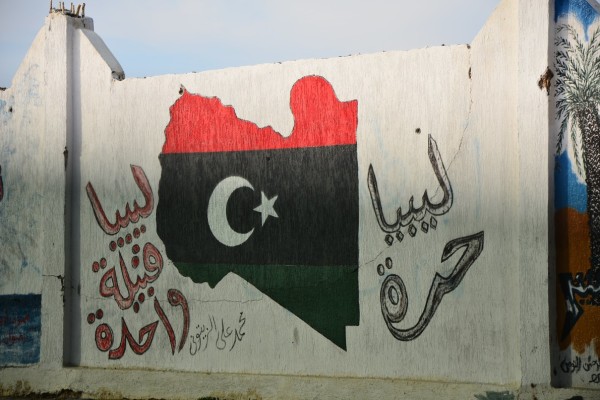
How a nationalization threat shook Canadian oil interests in Libya
In the late 2000s, Libya’s threats to nationalize foreign oil assets shook Canadian corporations deeply invested in the country. This excerpt from Owen Schalk’s new book, Targeting Libya, reveals how SNC-Lavalin and Petro-Canada became entangled in Qadhafi’s shifting alliances, Western backlash, and the larger struggle over Africa’s sovereignty and resources.
-
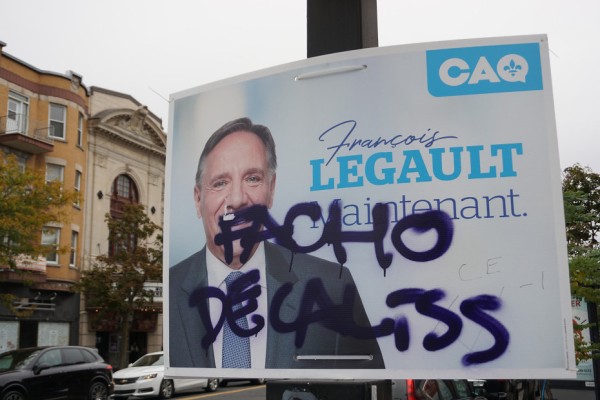
 Le nationalisme québécois ou le fascisme patient
Le nationalisme québécois ou le fascisme patientAlors que l’élite politique québécoise mène une guerre silencieuse contre la société civile, le nationalisme s’est transformé en un autoritarisme patient et calculé. Derrière les discours sur la « laïcité » et la « cohésion », la CAQ et le PQ poursuivent un programme commun qui concentre le pouvoir, érode les libertés et conduit le Québec vers un totalitarisme raisonnable.
-

A deficit paid by workers and a bailout for the wealthy
Canada’s deficit is projected to rise by $17 billion, yet ordinary Canadians face cuts to essential services while the ultra-wealthy and multinational corporations avoid billions in taxes. Closing loopholes and taxing hidden offshore wealth could fully fund health care, housing, and education—proving the crisis is a political choice, not an economic necessity.



